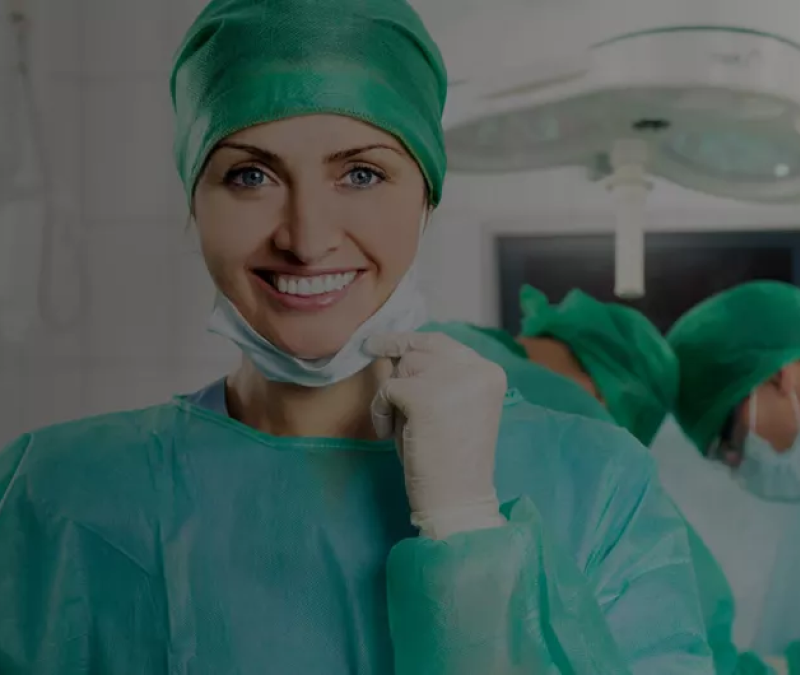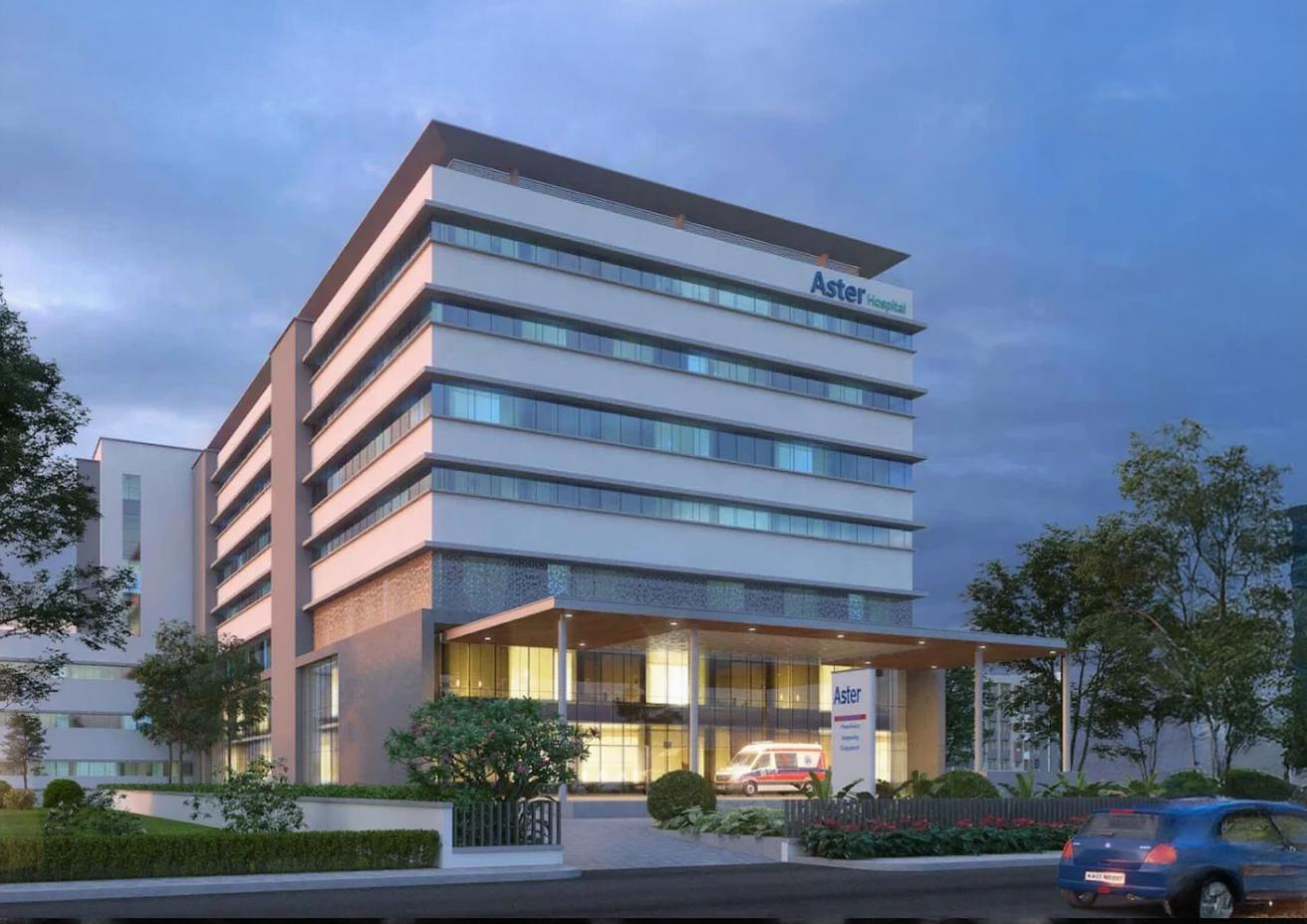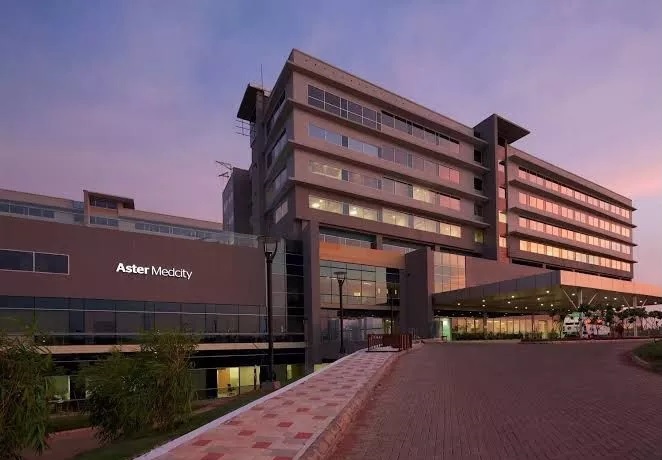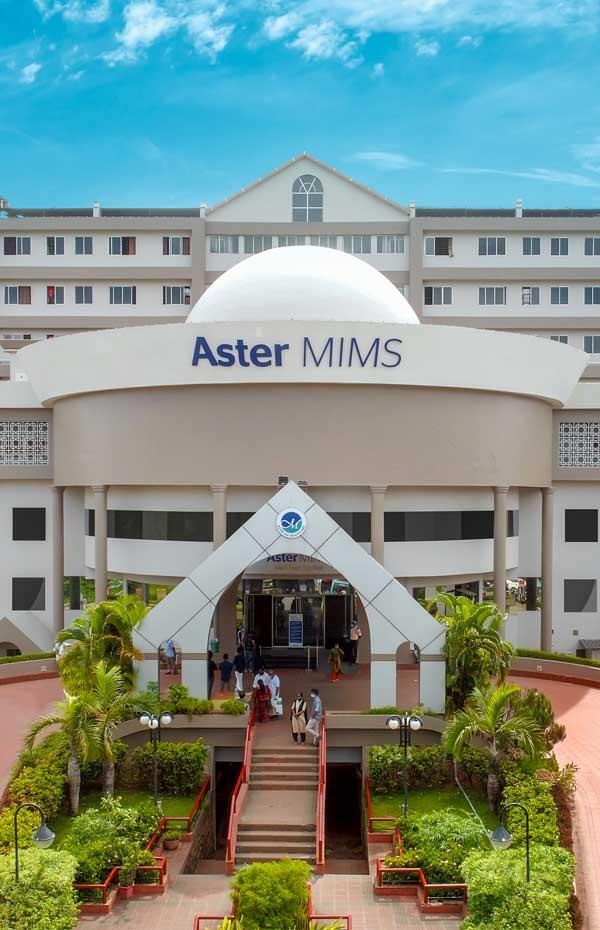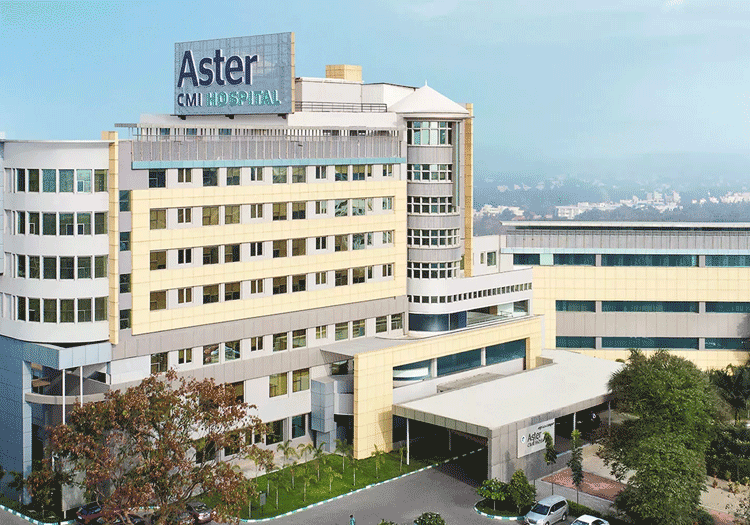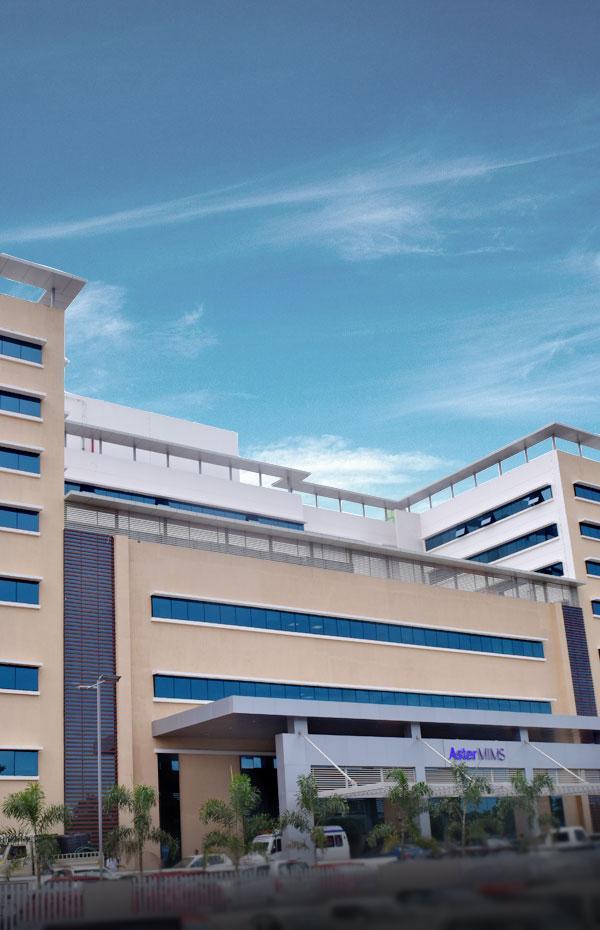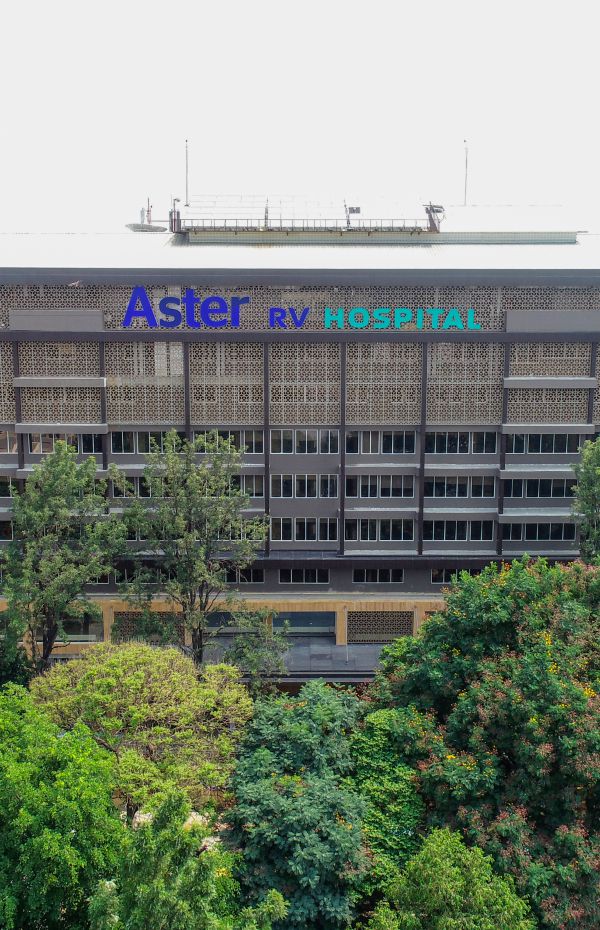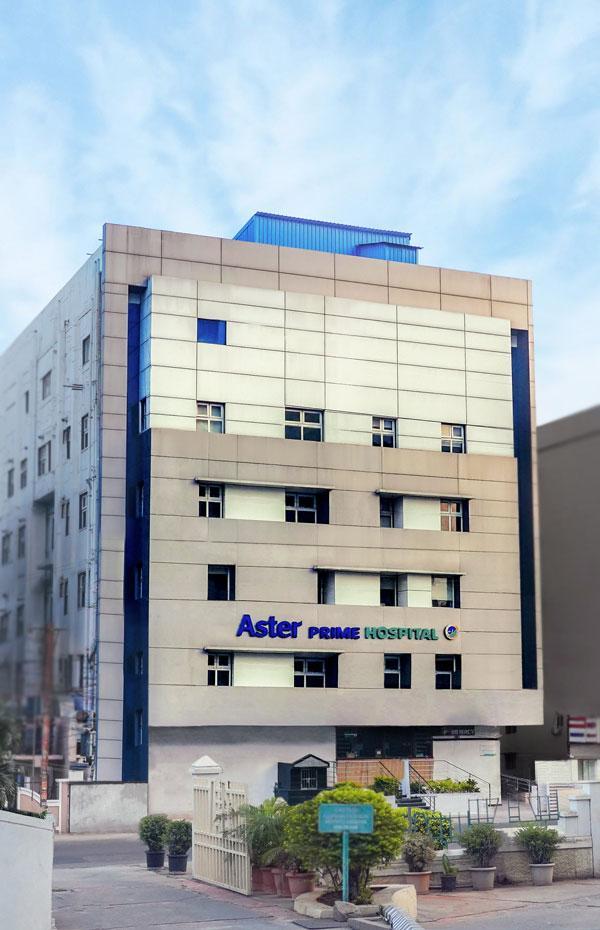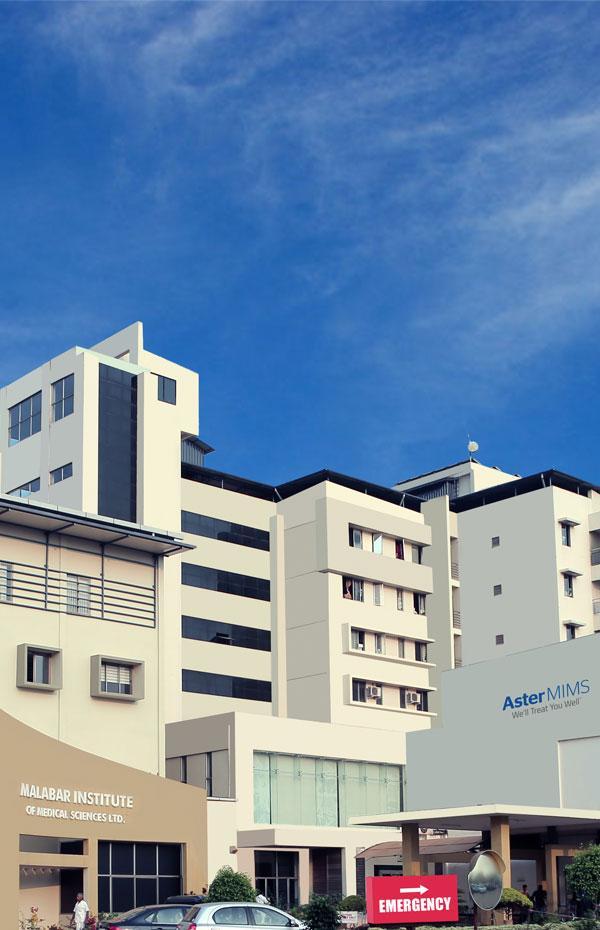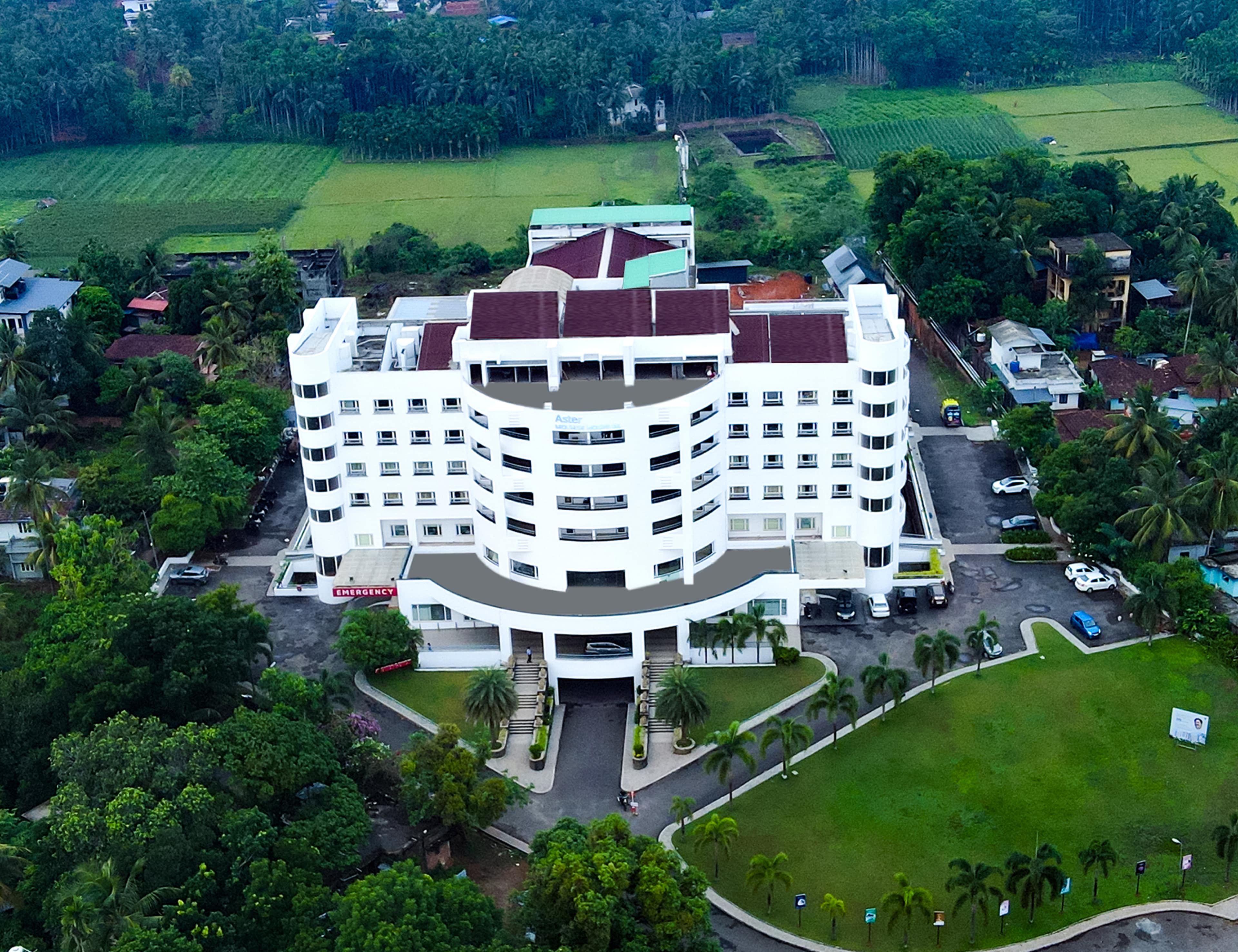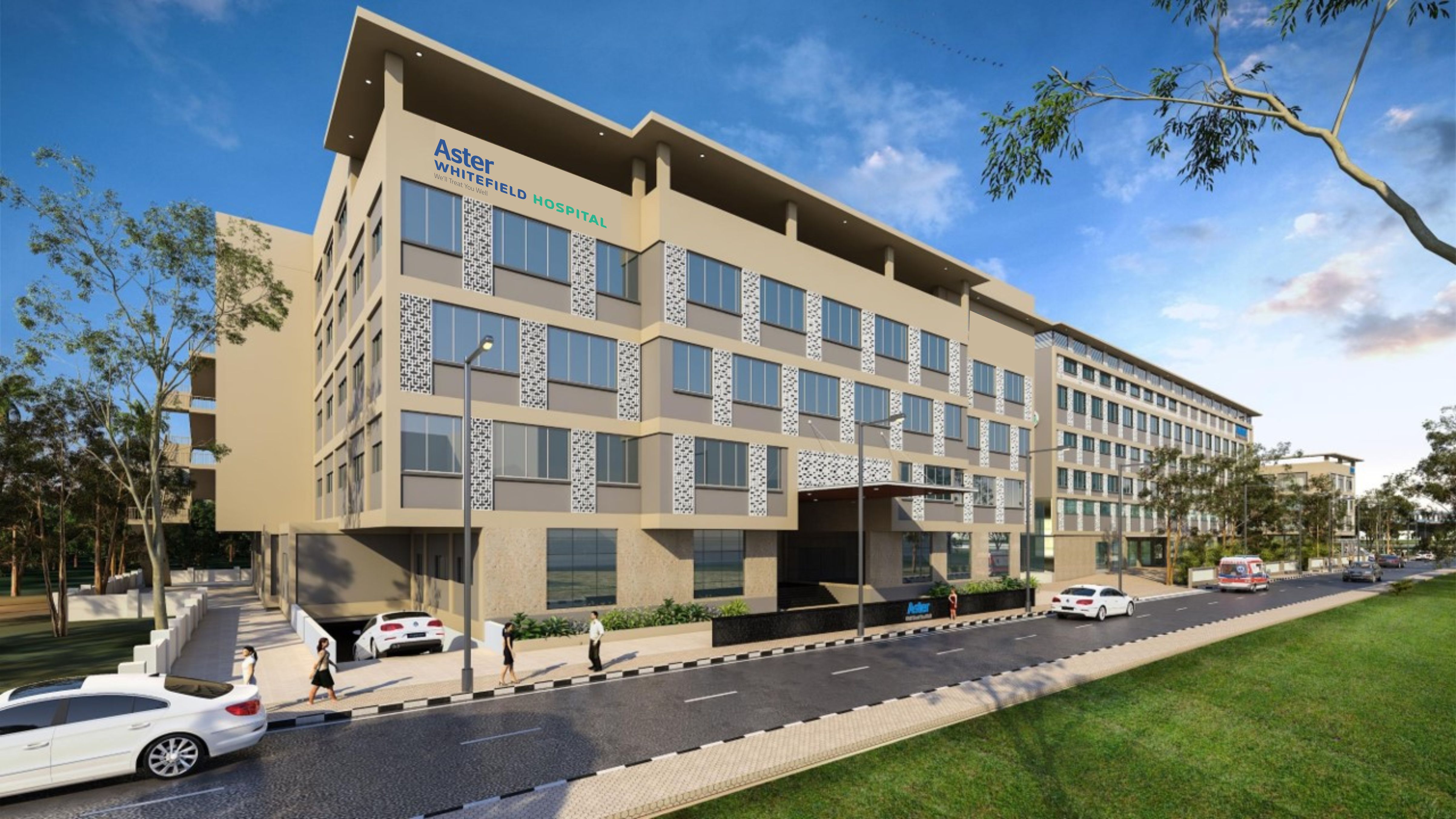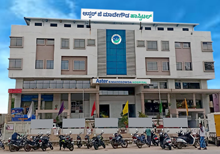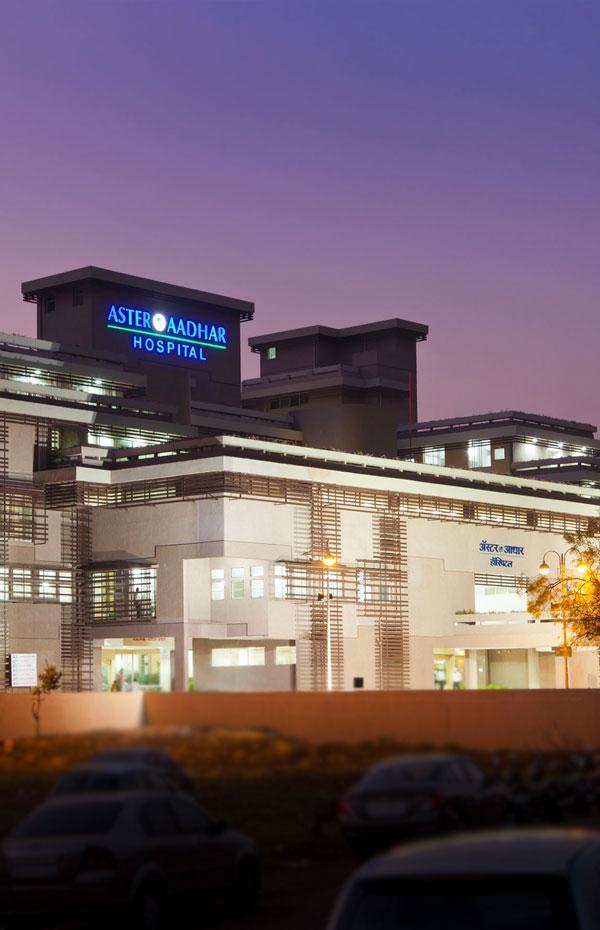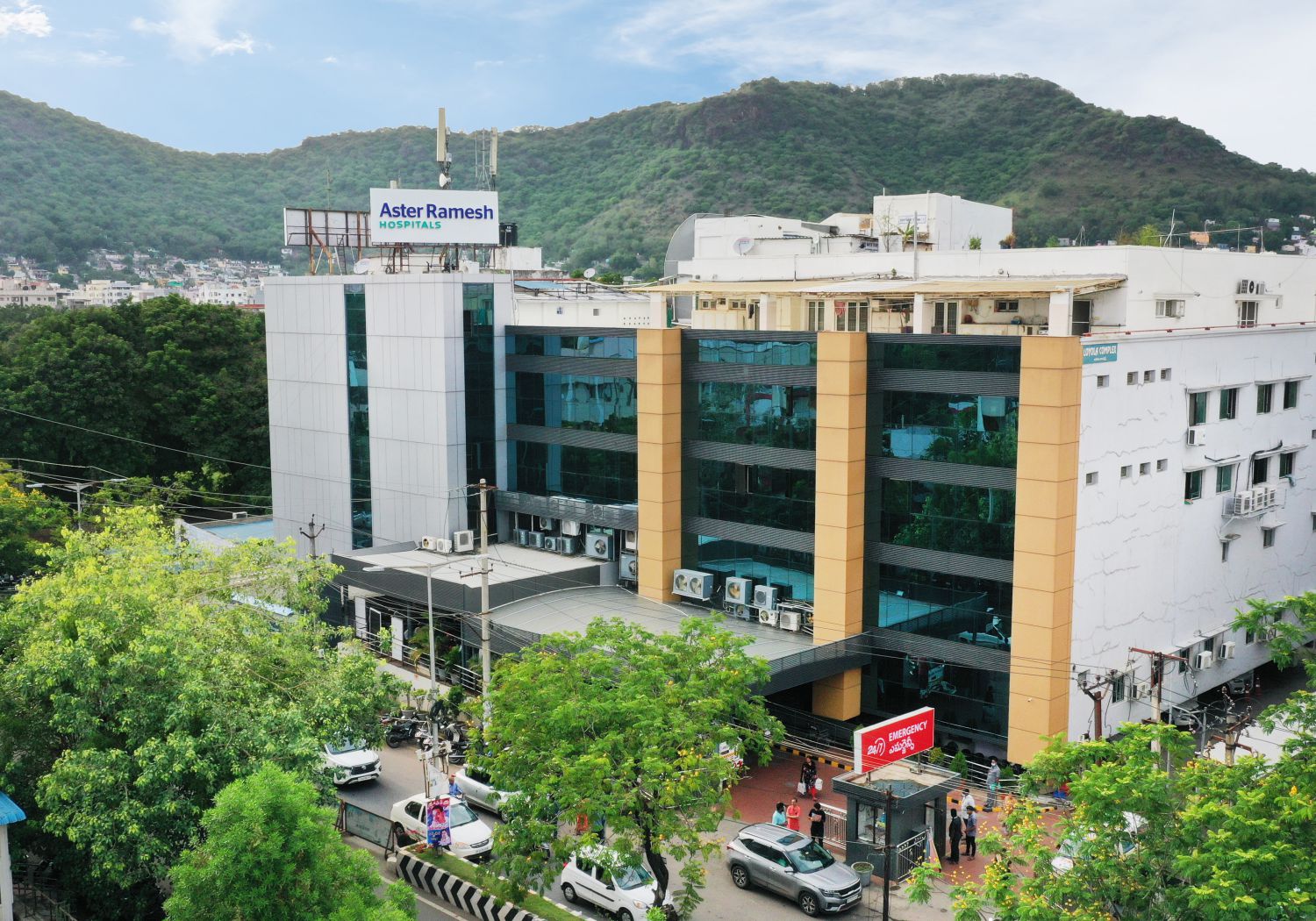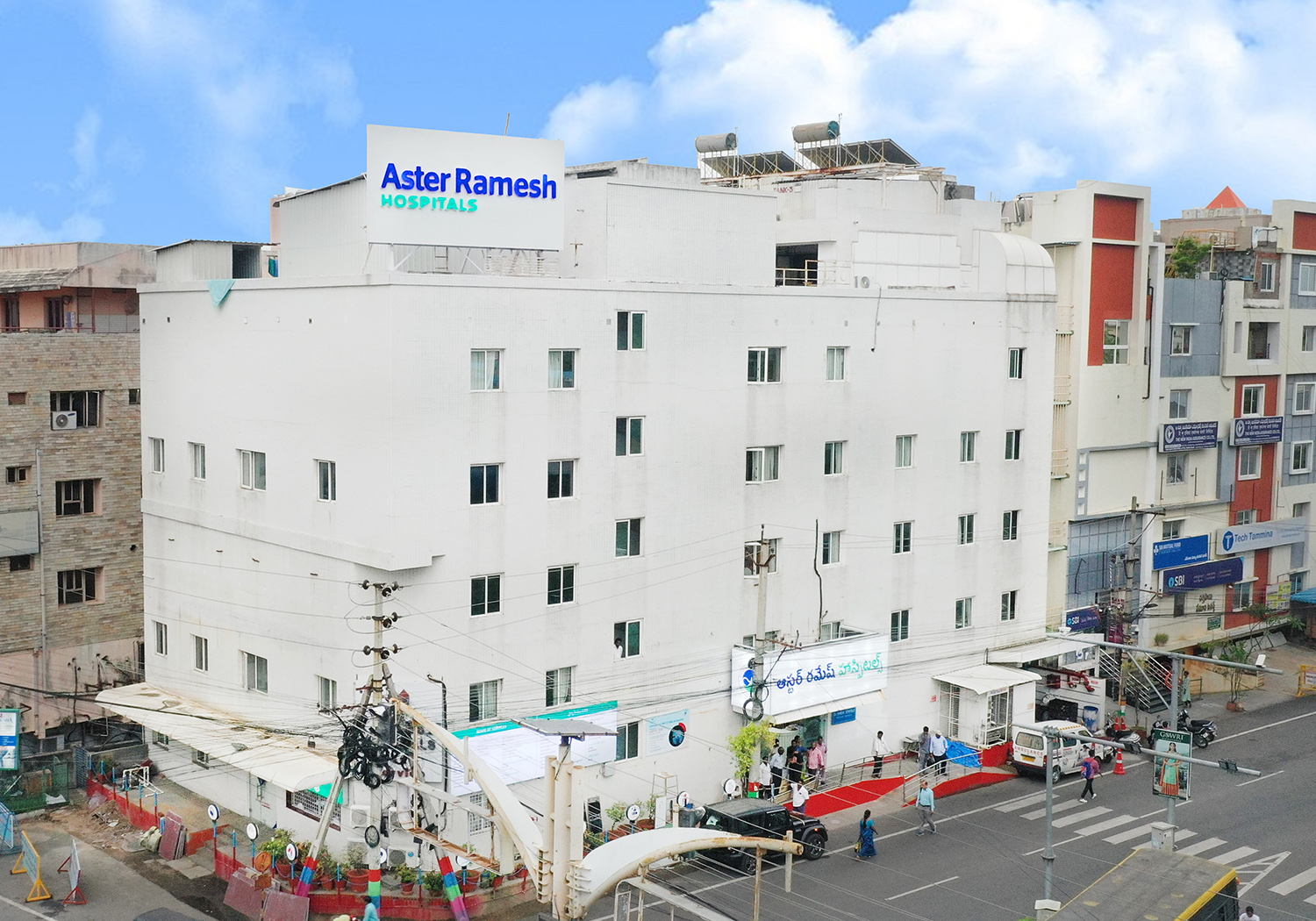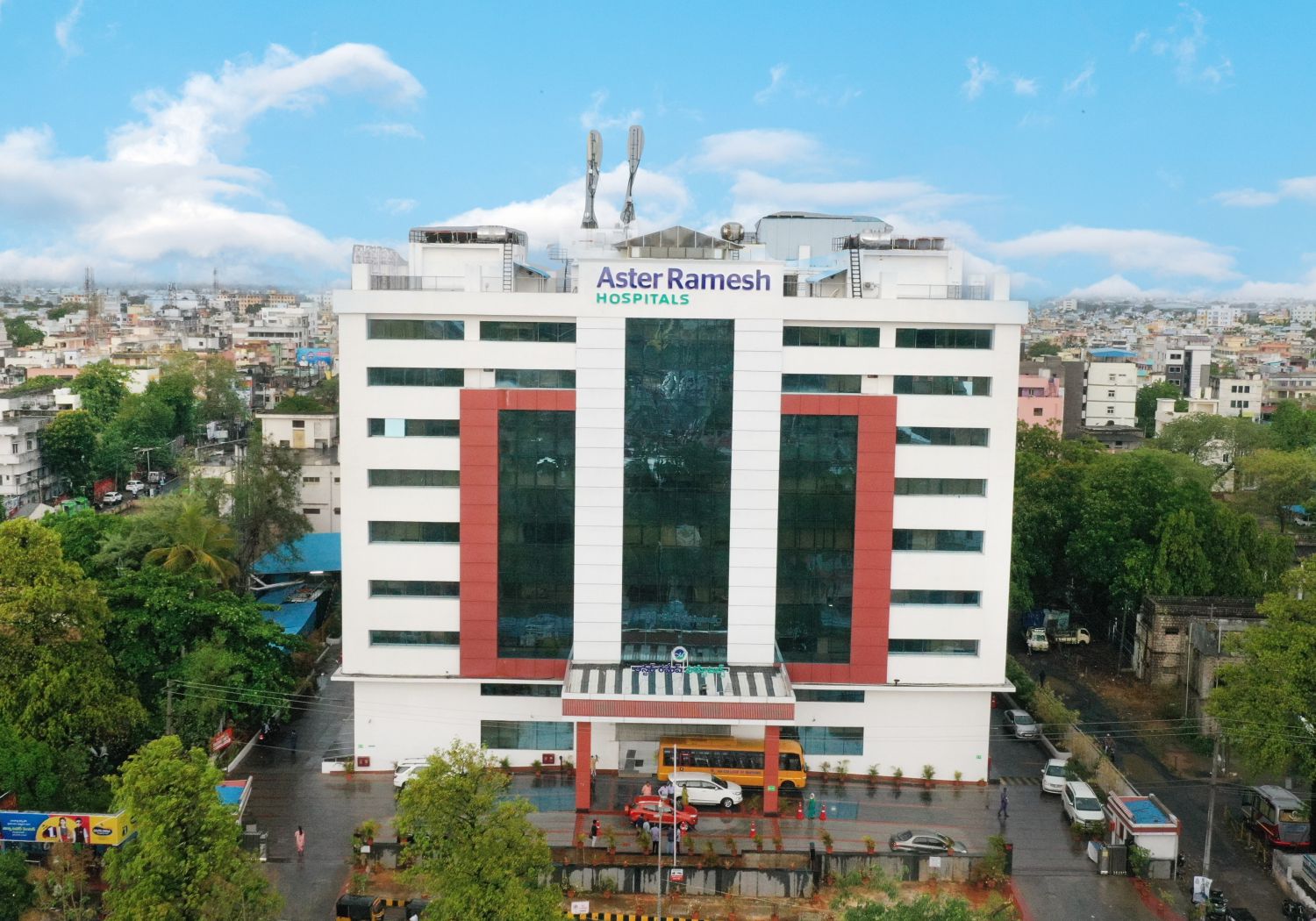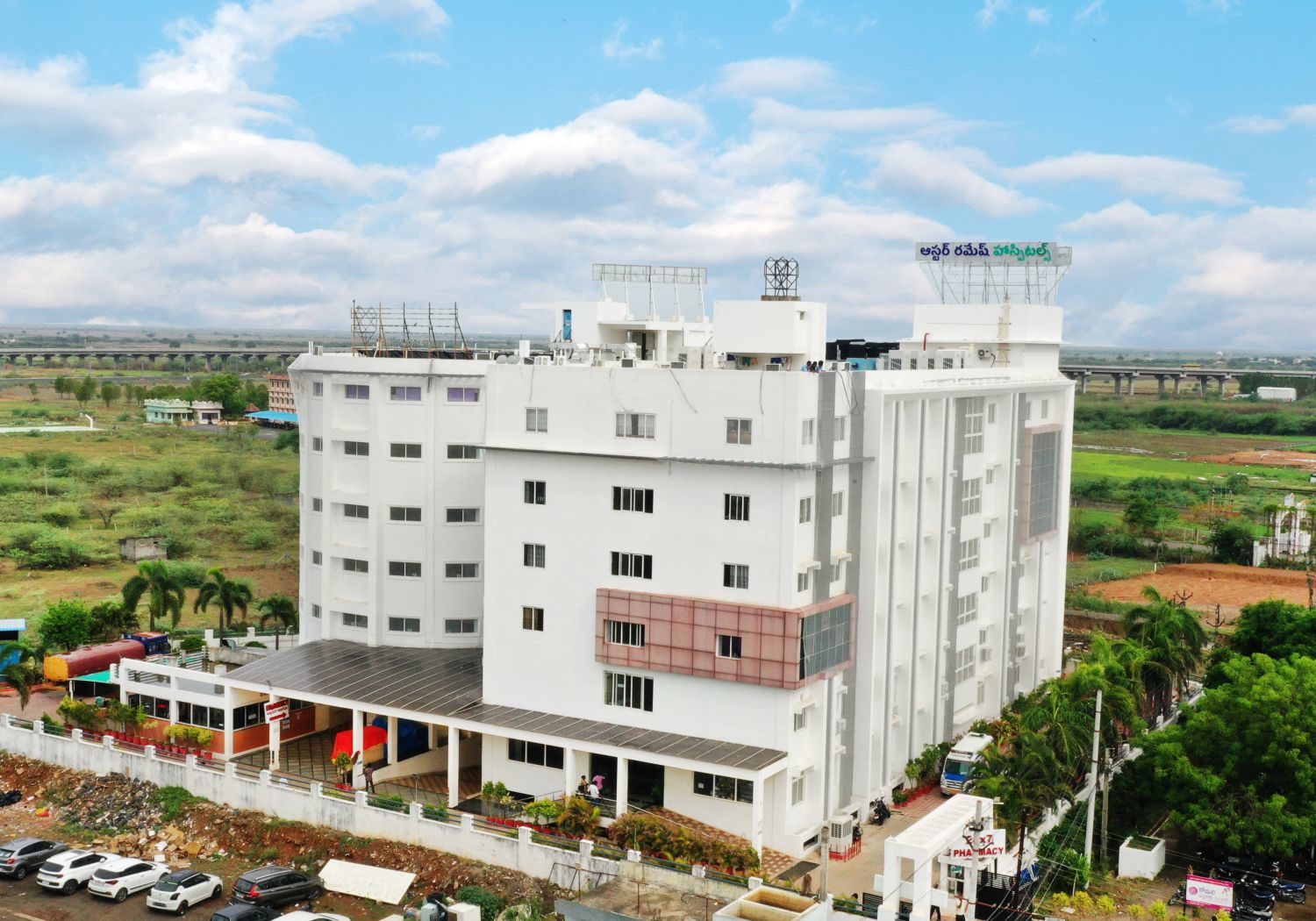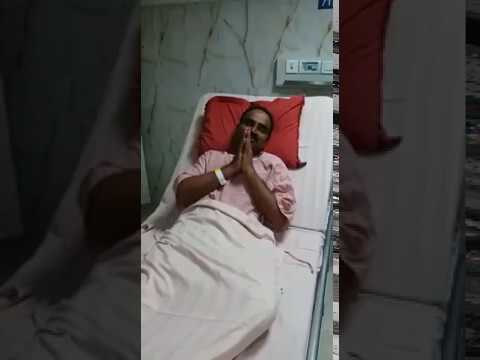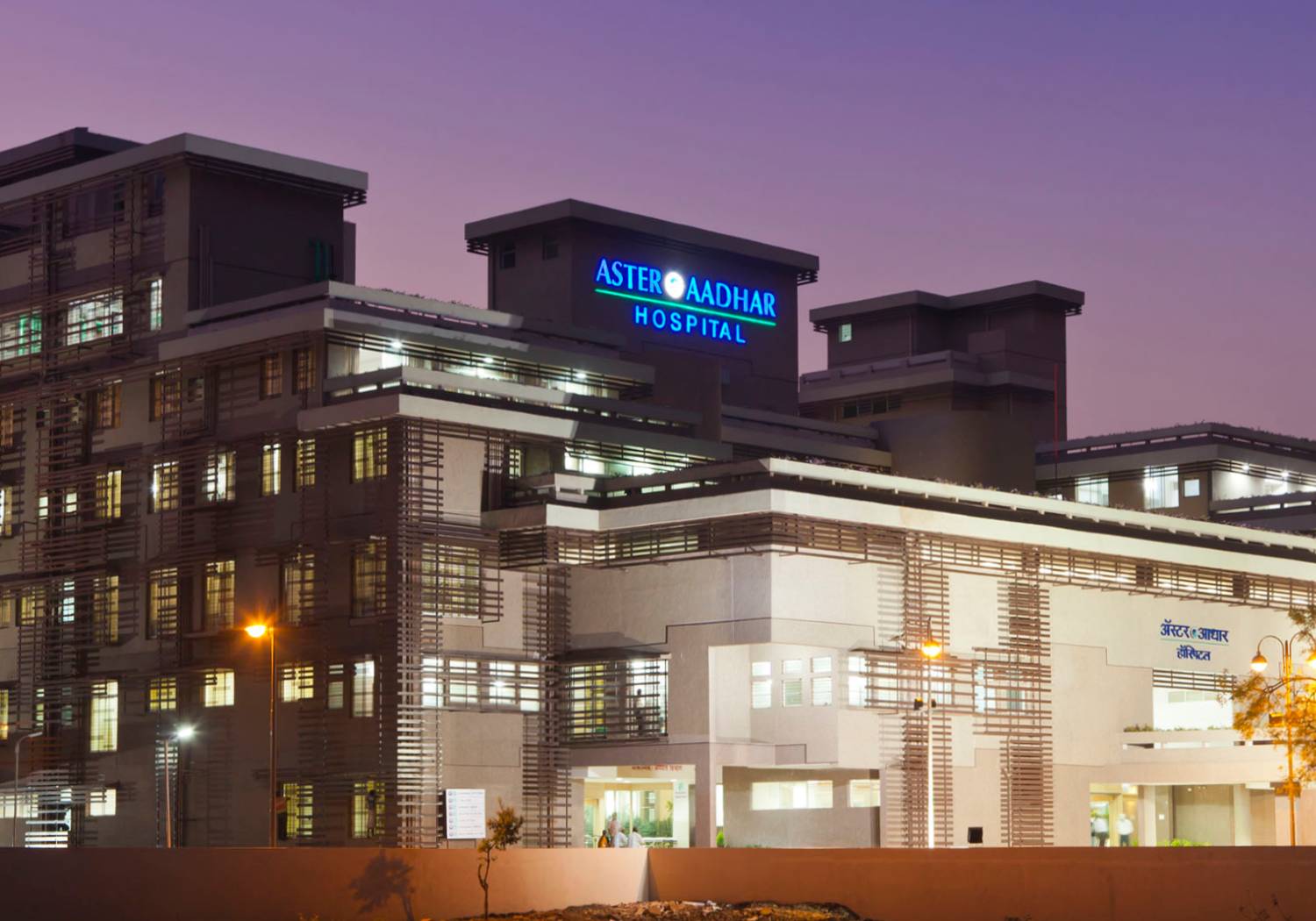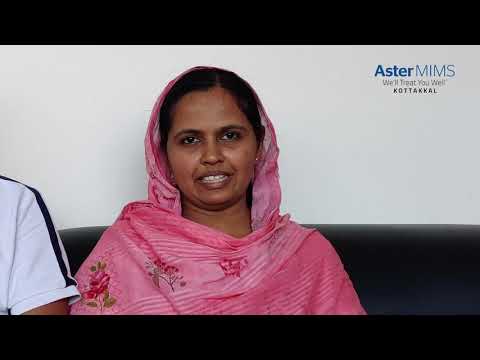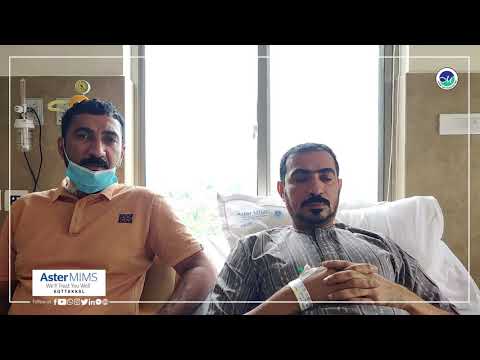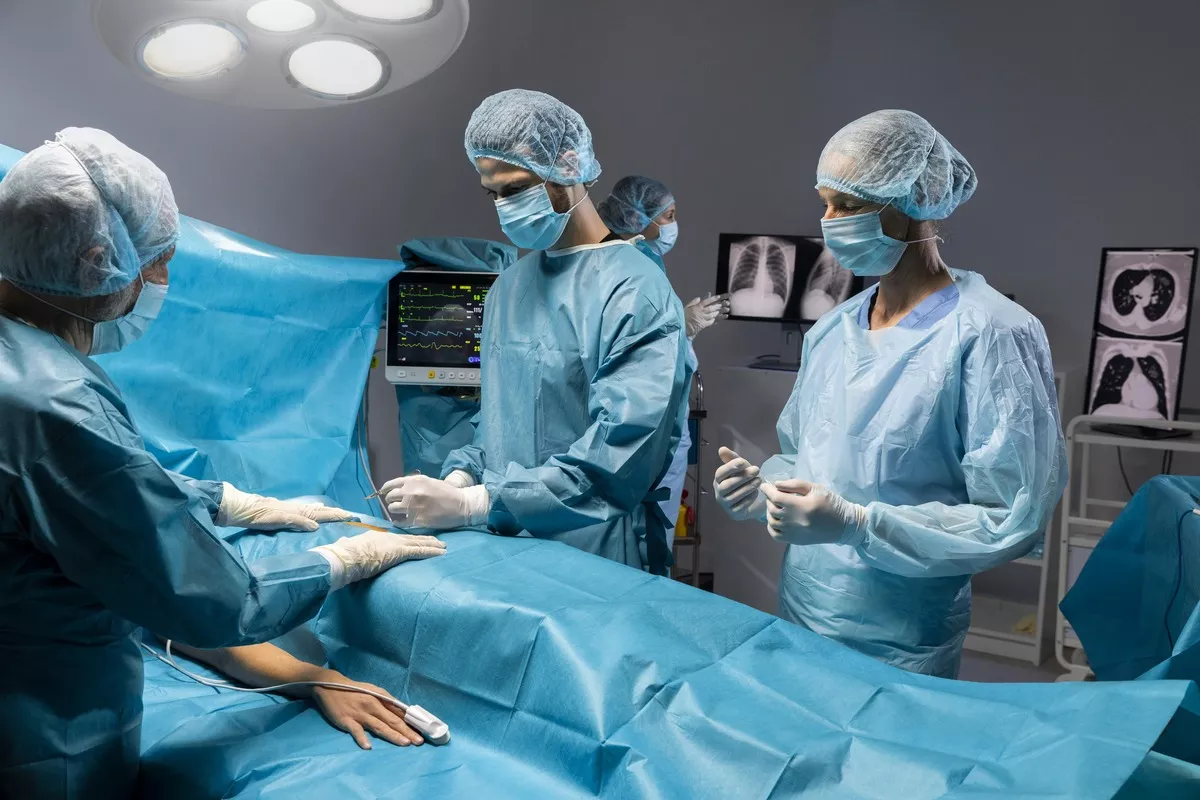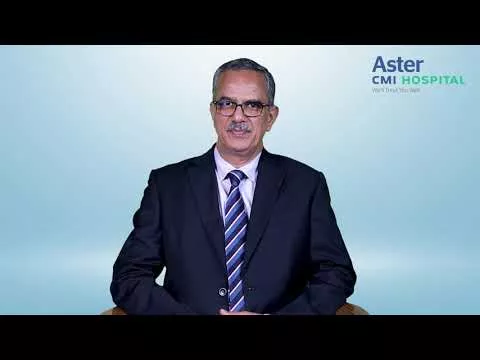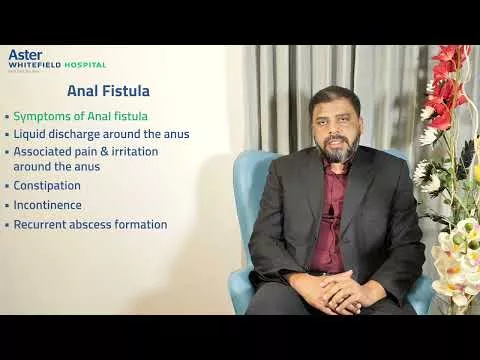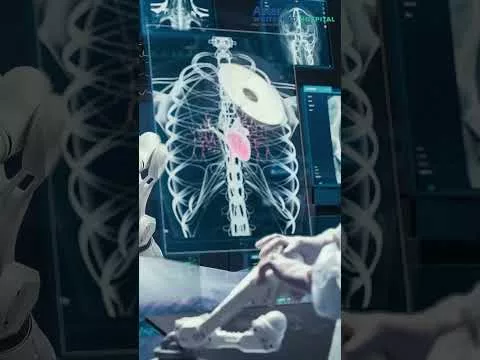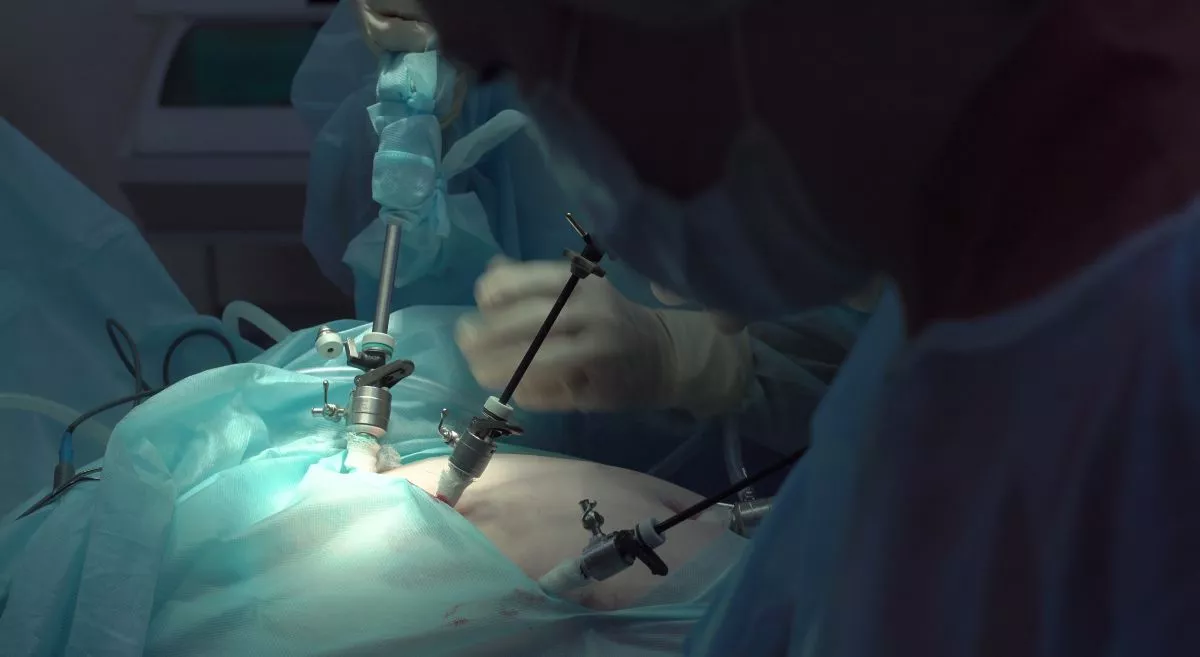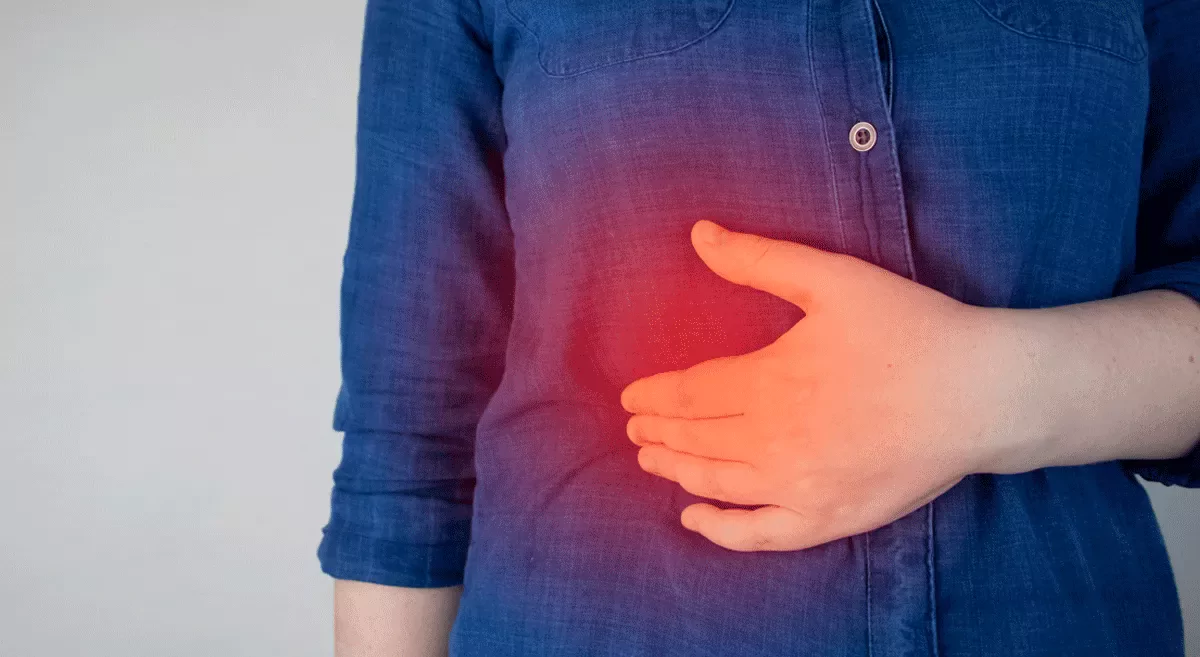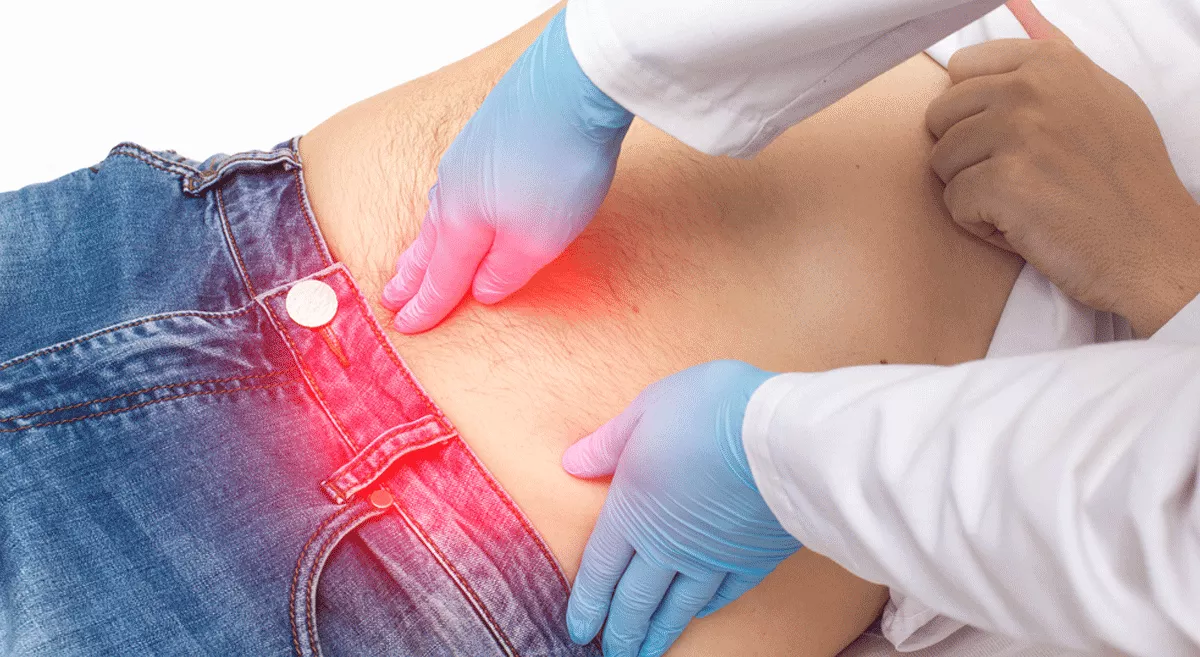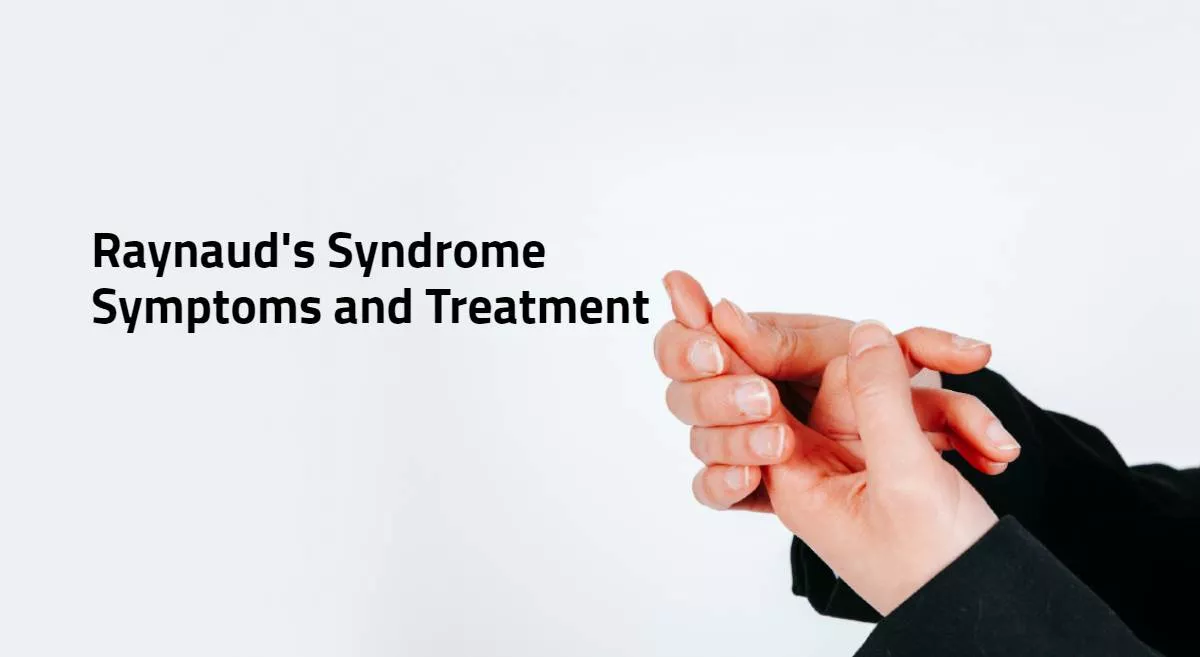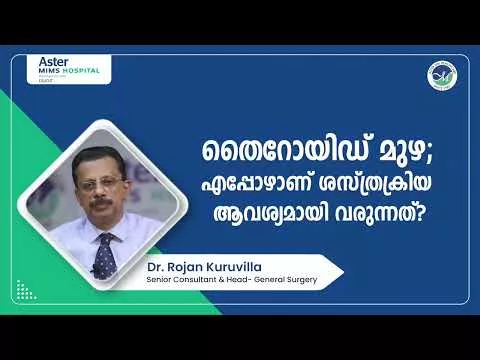The department of General Surgery at Aster Hospital is well known for its expertise to effectively handle all kinds of surgical cases - simple debridement procedure or complicated open and laparoscopic surgeries. Built-in with an efficient team of general surgeons, anesthesiologists we also have a well-trained nursing staff that is capable of providing sincere patient care before, during and after the surgery. Some of the advanced procedures performed by the surgical team at Aster include - laparoscopic hernia repair, laparoscopic cholecystectomy, laparoscopic appendectomy, and laparoscopic hysterectomy. Our team always works towards applying advanced, minimally invasive techniques to ensure faster recovery, and lesser chances of complications. We have fully-equipped surgical care units and state of the art diagnostic and technical facilities.
Our Doctors
We have some of the best specialists from around the world, they bring years of experience and offer evidence-based treatment to ensure the best care for you.
Advanced Technology & Facilities
Well equipped with the latest medical equipment, modern technology & infrastructure, Aster Hospital is one of the best hospitals in India.
Even with the tremendous strides being made in the medical and surgical fields, nosocomial infections continued to be a significant drain on human and economic resources producing human suffering and higher health-care costs. One aspect of preventing these nosocomial infections in health care facilities is the effective reprocessing and sterilization of medical devices. The provision of well controlled and validated sterilization processes will have far reaching effects.
It will reduce preventive and presumptive antibiotic use
Prevents Surgical Site Infection (SSI)
Reduce the morbidity and mortality due to hospital acquired infections
Limit the use of chemical disinfectants
Improve the overall quality of patient care
Reduce the higher health care cost
Control the use of single use medical devices - a major ecological factor in the increased amount ofchemical waste
Standard Maintained
Malabar Institute of Medical Sciences Ltd. has arranged CSSD according to the recommendations of HTM (Health Technical Memorandum) 2010, 2030 UK and Association of Sterile Supply Administrators, BS EN ISO 17665: 2006 ANSI/ AAMI ST 41:2008, ST 79: 2006 /A2: 2009, USA
Design of ASTER MIMS CSSD
The department is divided in to fourzones as the work consists of four main processes:
Zone I : Reception, inspection, and decontamination (removal of bio-burden)
Zone II : Assembly and packing
Zone III : Sterilizing
Zone IV : Storage and distribution
Validation of sterilization
Validation of sterilization in ASTER MIMS CSSD consists of seven sets of activities:
Equipment installation and Planned Preventive Maintenance (PPM): Daily, Weekly, Half yearly and Yearly with revalidation.
Daily B/D (Bowie and Dick) tests.
Biological confirmation of sterility.
Computerized Monitoring.
Physical parameters documentation – Manual Monitoring.
PCD (Process Challenge Device)
Review of all process control IQ - Installation Qualification, OQ - Operational Qualification and
PQ -Performance Qualification by Senior Manger,Technical.
The academic and other activities
ASTER MIMS as a part of its mission extends its service to society through:
Sterilization Technology Course
ASTER MIMSCSSD has prepared a comprehensive syllabus for Sterilization Technology Course.To create a knowledgeable, capable and dedicated generation with solid scientific understanding and educational preparation
ASTER MIMS Consultants for the Advancements of Medical Instrumentation
Specializes in design and builds central sterilization units
Expertise in Sterilization Technology
Gap Analysis and Recommendation
Introduction of Processing Recommendations
New Build or Refurbishment
Cost Effective Solution
Full Regulatory Compliance
All Operation Theatre/ Operating Rooms are equipped with KLS Martin's state of the art LED surgical light with colour temperature adjustment and in-surgery video recording capability. The OR tables are all USFDA approved products with operating room staff and patient safety in consideration.
The state-of-the-art Surgical microscope with fluorescence and inbuilt camera recording gives the Neuro and Plastic surgeon an edge in quick decision making and knowledge sharing on table. The ceiling mounted medical gas and electrical supply pendants are first of its kind in north Malabar giving the surgeons and staffs more space, efficient utilisation of the OR space, safety, ease of maintenance and troubleshooting etc. The surgeon control panel another feature in Operating room provides the operating room manager an efficient tool in the optimum environment maintenance and data for preparation of MIS reports. The simple and complex versions of Nerve integrity monitor and the computer aided Navigation System for the ENT, Neuro surgeries help the surgeons in identifying and avoiding the nerves so that the unintended loss of senses are avoided or reduced and the exact margins of the lesions or surgical sites are traced and followed. HEPA filter mounted laminar air flow, Automatic hermetically sealed Doors and the clear non crossing direction of movement of sterile and non-sterile items makes the OR sterile in practice.
We provide comprehensive care of the surgical neonate, infant and child. From the day of birth to the age of 13 years, all surgical conditions in the child are managed in this department.
This includes congenital disorders (birth disorders), infective, traumatic and neoplastic conditions, which need surgery such as, anomalies of the ano-rectum, kidney, ureter and bladder, hypospadias, anomalies of the gastro intestinal system, etc.
In addition to surgical treatment, the department also run an antenatal counselling clinic where pregnant mothers with abnormalities of the foetus detected before delivery are seen, investigated and counselled about their baby, its overall prognosis, management etc.
Scope of services:
- Neonatal surgery – Antenatal counselling for Paediatric surgical problems and post-natal follow up and surgery for even high-risk neonates
- Paediatric laparoscopic surgery- Appendicectomy, Orchidopexy etc
- Paediatric general surgery- Herniotomy, Circumcision, Excision of swelling etc
- Paediatric urological surgery starting from neonatal urological interventions to childhood urological surgery
- Bronchoscopy for foreign body retrieval as well as diagnostic bronchoscopy
- VATS for empyema and decortication
- Diagnosis and management of intersex abnormalities
- Urethroplasty for hypospadias
- Paediatric trauma management
- Surgical management of all
- Paediatric surgical emergencies as torsion tester, a/c appendicitis, peritonitis etc.
- Non-surgical management of intussusception (hydrostatic reduction)
- Management of Paediatric tumors
The Centre of Excellence in Cardiac Sciences at Aster Medcity offers a wide range of outpatient services for detection and treatment of complex heart diseases and disorders. This includes:
Cardiac structural/functional evaluation including advanced imaging
Heart Failure Clinic
Cardiac Electrophysiology Clinic
2D / Live 3D Echocardiography
Colour Doppler imaging
Tissue Doppler imaging
Strain Quantification
Trans-Esophageal Echocardiography including live 3D TEE
24-hour ambulatory blood pressure monitoring
24-hour ECG monitoring (Holter monitoring)
Cardiac stress tests including Tread Mill Test, Dobutamine Stress Echocardiography, Head Up Tilt Test (HUTT)
24/7 neuro trauma & critical care
Dedicated Neuro ICUs
Carotid ultrasound and transcranial doppler
Diagnostic cerebral angiography
Thrombolysis and mechanical thrombectomy for stroke
Angioplasty and stent for stroke management
Inpatient electrophysiological procedures including: Long-term video EEG Invasive intracranial monitoring Sleep lab Nerve conduction and evoked potential studies (somatosensory, motor, visual & auditory) Intraoperative electrophysiology
Benign swellings
Thyroid diseases
Head and neck swellings
Breast disorders
Varicose veins
Scrotal swellings
Salivary Gland pathology
Endocrine clinic
Podiatric clinic.
ORI Fusion Digital Integrated Operation Theatres With 22 Operating Rooms that are on par with some of the largest in the world, Aster Medcity, for the first time South India, introduces ORI Fusion Digital Integrated Operation Theatres using Karlstorz OR1 Fusion - Asia Pacific’s first complete digital integration system.
The integration enables real-time sharing of images, videos and medical reports, which not only facilitates virtual participation from any location in the world, but also helps the rest of the surgical team to monitor the patient closely during the operative procedure, much to the benefit and safety of the patient undergoing the surgery.
Aster Medcity is also the first surgical facility in the state to offer Robotic Surgery using high-precision da Vinci Surgery Robot.
General surgery facilities in Aster Whitefield Hospital offer a broad range of surgical services that cater to various conditions affecting almost any part of the body. These facilities are typically staffed by general surgeons who are trained to perform a wide variety of surgeries and often work in collaboration with specialists to provide comprehensive care. Here are some key aspects of general surgery facilities at Aster Whitefield Hospital:
1. Advanced equipment: General Surgery at Aster Whitefield Hospital represents cutting-edge technology designed to enhance patient care and treatment outcomes. Our commitment to excellence is reflected in our state-of-the-art diagnostic and surgical tools, which empower our medical teams to deliver precise and effective interventions tailored to each patient's needs.
2. Robotic Surgery: Aster Whitefield Hospital is committed to providing excellent surgical care, including advanced robotic surgery. Our surgeons use the da Vinci Robotic Surgical System, a highly sophisticated technology that allows for minimally invasive procedures with unmatched precision. This translates to several benefits for our patients:
Reduced incision sizes: To minimize damage to nearby tissues
Reduced risk of complications: Precise movements of the robotic instruments lead to a safer surgical experience.
Shorter hospital stays: Faster recovery times allow you to return home and resume daily activities sooner.
Faster recovery: Minimally invasive surgery promotes quicker healing.
Aster Whitefield Hospital boasts a team of highly skilled and experienced robotic surgeons who can perform a wide range of complex procedures across various general surgery specializations.
3. Operating Rooms: Our state-of-the-art operating rooms are designed to combine cutting-edge technology with exceptional surgical expertise.
Featuring 13 advanced modular units, each OR is equipped with high-definition imaging systems, sophisticated surgical instruments, and integrated monitoring technology. This creates a sterile and controlled environment for a broad range of surgical procedures.
Our highly skilled surgical teams undergo rigorous training to maximize the potential of this advanced technology, ensuring the best possible outcome for every patient.
4. Intensive Care Unit (ICU): In our specialized Intensive Care Unit, critically ill patients receive round-the-clock monitoring and personalized care from a multidisciplinary team of specialists. Following major surgeries, our ICU staff closely monitor vital signs, manage pain, and address any complications promptly to facilitate the patient's recovery process. Advanced life support systems and state-of-the-art ventilators are readily available to provide the highest level of care in critical situations, offering patients and their families peace of mind during challenging times. The hospital is driven by medical innovation and a culture of excellence and is recognized for its advanced clinical support, a Level 3 MICU, and an 89-bed Intensive care unit among others, ensuring comprehensive care across various medical needs.
5. Pathology Laboratory: Behind every successful surgery lies accurate and timely pathology analysis. Our state-of-the-art pathology laboratory is staffed by experienced pathologists and equipped with advanced diagnostic tools to analyze tissue samples with precision and efficiency.
At Aster Whitefield Hospital, we understand the critical role pathology plays in successful surgical outcomes. That's why we've invested in a state-of-the-art pathology laboratory, equipped with advanced diagnostic tools and staffed by a team of highly experienced pathologists.
Here's what sets our pathology lab apart:
- Precision and Efficiency: Our advanced technology allows for the precise and efficient analysis of tissue samples, ensuring a timely diagnosis to guide treatment decisions.
- Experienced Pathologists: Our team of experts plays a vital role in your care, providing accurate analysis and crucial insights for your doctor.
- Accuracy You Can Trust: We understand the importance of reliable results. Our strict quality control measures and NABL accreditation (ISO 15189 standard) guarantee the accuracy of your pathology tests.
With Aster Whitefield Hospital's pathology lab, you can be confident that you're receiving the most accurate information to empower you and your doctor to make informed decisions about your healthcare journey.
6. Centralized Blood Bank: Aster Whitefield Hospital maintains a central blood bank facility, given its emphasis on comprehensive support services across all specialties.
The hospital's commitment to high-quality services is marked by rigorous standards, including proper storage protocols and stringent blood screening procedures to ensure patient safety.
Our dedicated team of transfusion specialists follows stringent protocols to screen donors, test blood samples, and ensure the quality and safety of all blood products. With a diverse inventory of blood components, including red blood cells, plasma, and platelets, we stand ready to meet the transfusion needs of our surgical patients at any time, ensuring optimal outcomes and minimizing the risk of complications associated with blood loss during surgery.
FAQs
Want to find out more about the treatment? The answer to your questions can be found below.
Who is a general surgeon, and what do they do?
A general surgeon is a medical specialist qualified to carry out a broad spectrum of surgical treatments, ranging from simple to intricate. They identify and surgically treat a wide range of illnesses, traumas, and ailments that affect the skin, breasts, abdomen, and other organs.
Patient Stories
Our patients are our best advocates, hear the inspiring stories of their treatment journey
Blogs
The source of trustworthy health and medical information. Through this section, we provide research-based health information, and all that is happening in Aster Hospital.

